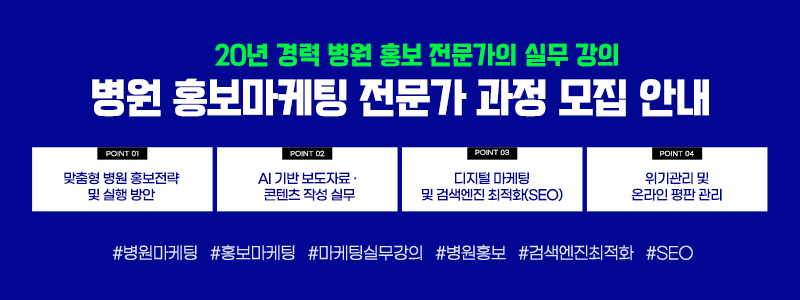“I thought he would grow out of it. I even assumed he simply lacked interest in studying,” said Kim, a 39-year-old mother from Sejong, reflecting with regret about her 10-year-old son. “But now they say his behavior indicates ADHD (attention deficit hyperactivity disorder). And with symptoms of vocal and motor tic disorders appearing together, I realize I’ve been too inattentive to him all this time.”
The number of children seeking treatment for ADHD and tic disorders at specialized clinics and traditional Korean medicine (Hanui) centers continues to rise each year. Recent reports indicate that more than 15% of patients at tic disorder clinics are adults over 20 with adult ADHD or tic disorders, showing that these conditions are no longer confined to childhood.
Children diagnosed with both tic disorders and ADHD are at high risk of developing secondary psychological and emotional symptoms, such as anxiety and depression, making early detection, active treatment, and prevention urgently necessary. When tic disorders and ADHD co-occur, it is important to assess whether learning difficulties arise mainly from tics or from ADHD-related deficits in attention and executive function.
When both motor and vocal tic symptoms persist together for more than a year, the condition is also known as Tourette syndrome. If only one type persists for over a year, it is called chronic tic disorder.
Tic disorders are linked to functional brain abnormalities and genetic factors, and they often worsen due to external or social stressors, as well as physical fatigue. They are also frequently associated with conditions such as pediatric obsessive-compulsive disorder, anxiety, insomnia, and enuresis. ADHD shows particularly high comorbidity, highlighting the close connection between the two disorders.
Therefore, it is crucial to consult experienced specialists and pursue tailored treatments that address both the symptoms and underlying causes of tic disorders and ADHD.

In children with ADHD, distractibility and hyperactivity often interrupt the flow of conversation, hindering effective communication. They may also forget parts of conversations and unintentionally misinterpret or distort missing details in negative ways. A key issue here is that they tend to voice unfiltered thoughts without consideration for others, which can hurt people and lead to frequent misunderstandings.
Children with tic disorders or ADHD often have very low self-esteem and tend to view the world negatively. They often struggle to develop appropriate social skills in peer interactions. Strained peer relationships and limited social skills can cause difficulties in group settings, often leading to academic neglect. Without adequate interaction in peer groups, children become emotionally withdrawn, experiencing depression, helplessness, and anxiety, which can further impair attention and concentration.
Child and adolescent psychiatrists emphasize that early diagnosis and treatment are critical for effective management and improved long-term outcomes in ADHD and tic disorders. Children with ADHD often struggle to complete tasks independently, and their difficulties with attention, hyperactivity, and impulsivity make school life challenging, especially in forming friendships and relationships.
This not only lowers academic performance but can also manifest in more severe issues like conduct disorder, oppositional defiant disorder, adolescent delinquency, and depression, reinforcing the need for proactive diagnosis and treatment of tic disorders and ADHD.
Treatment approaches aim to improve attention and reduce hyperactivity and impulsivity by supporting brain function and enhancing concentration. In traditional Korean medicine, treatments may include herbal medicines and acupuncture to address systemic imbalances, along with cognitive or behavioral training programs to regulate sensitivity and reduce recurrence. Additionally, rather than reacting negatively to symptoms or pointing them out excessively, providing ample understanding, family encouragement, and support to foster psychological stability will yield even better results.
Kim Kuk Ju, HEALTH IN NEWS TEAM
press@hinews.co.kr


